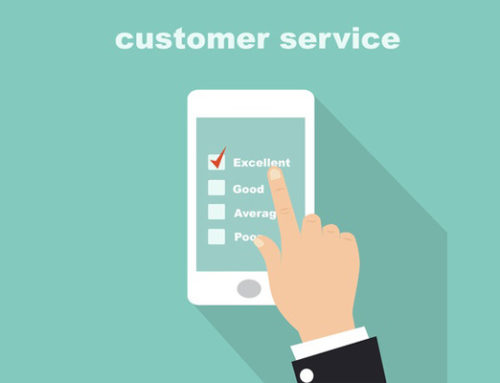 When most people think of sales coaching, they picture a star performer or experienced sales person as the coach telling a noobie what and what not to do. While there is probably a lot of knowledge and many best practices in that pro, there are many more things to watch out for.
When most people think of sales coaching, they picture a star performer or experienced sales person as the coach telling a noobie what and what not to do. While there is probably a lot of knowledge and many best practices in that pro, there are many more things to watch out for.
Sales people must choose their coach carefully because they have A LOT to lose if they chose the wrong one. Below are five areas to focus on when choosing a coach as well as some things to watch out for.
1. What do they ask?
Because many sales coaches are past “pros” they think they have a lot of information to provide. And while that may indeed be true, if all they want to do is talk about what they have done and what they will do for you, without digging deep into who you are and what you need, that person is probably not a good fit for you.
When they start asking questions, listen for the type of questions they ask. Are they simple questions that can be answered with one word (so they can check things off a list), or do they offer depth so you offer up the true “you”. When you finish a first consultation, you should feel like you really gave them a large piece of who you are and who you want to become.
2. Are they encouraging?
I was just sharing with someone last night, half jokingly, that I can take just about anything thrown at me in terms of rejection because I have spent the last 15 years in the sales arena. The word “no” is commonplace and I have developed an armor to repel it. But after you hear it enough, and some less than others, you may start to question your ability and your place in the profession. Further, you start to question yourself and your esteem is destroyed.
Meeting with a sales coach should provide tons of encouragement, but with great truth. You don’t want to hear someone tell you great job when you sat at your desk all day without making any calls. But at the same time you want to hear someone encourage you when times are tough, and as I said above, they will come frequently in the sales profession.
3. Do they speak at you or work with you?
When we have more knowledge or experience we immediately want to tell others what we did and why they should do it too. But this shouldn’t be a sales coach’s primary form of communication. An awesome sales coach should work with you, brainstorming all scenarios to come up with an approach that is both effective and fitting for you.
I have had many occasions where my client came up with a better solution than I had in a situation. Because I guide them to a different way of thinking, they feel the freedom to offer suggestions and solutions too. Remember, coaching isn’t a one-way process.
4. Do they have an executable plan?
Coaching isn’t theory, it’s down in the trenches strategy and execution. A good coach should have a plan to take you to where you want to go, and should show you the path ahead of time. This doesn’t mean everything is figured out ahead of time, because coaching is very dynamic. But you should have small and large milestones to gauge progress.
This also means that coaching doesn’t stop when the session is over. They should offer you one or more action steps to take between meetings so you are constantly being measured and held accountable to the plan.
5. Are you the only one held accountable?
This is probably my biggest peeve as a coach. Most coaches lay out long term contracts and ask for most (or all) of the money up front. There is definitely some wisdom here. When a client has to “buy-in” with something of value, they are more apt to give it their all. But, the flip side and why I heed this approach is it can easily create a lazy coach.
The coach must be regularly accountable to what they say and do, and to you specifically. You have invested your time and your money into them and they should be required to perform. Ask for regular reviews of progress and feel free to question their advice and action steps. Remember, this is a collaboration and not a one-way classroom.
So please be careful and choose wisely. A sales coach can be the best thing that has ever happened to your sales career, or it could be a huge step in the wrong direction.






[…] last year I wrote a blog titled “What Should You Be Asking a Coach” (found here). In it, I addressed five keys areas you should consider when hiring a coach (or consultant). Four […]
[…] last year I wrote a blog titled “What Should You Be Asking a Coach” (found here). In it, I addressed five keys areas you should consider when hiring a coach (or consultant). Four […]